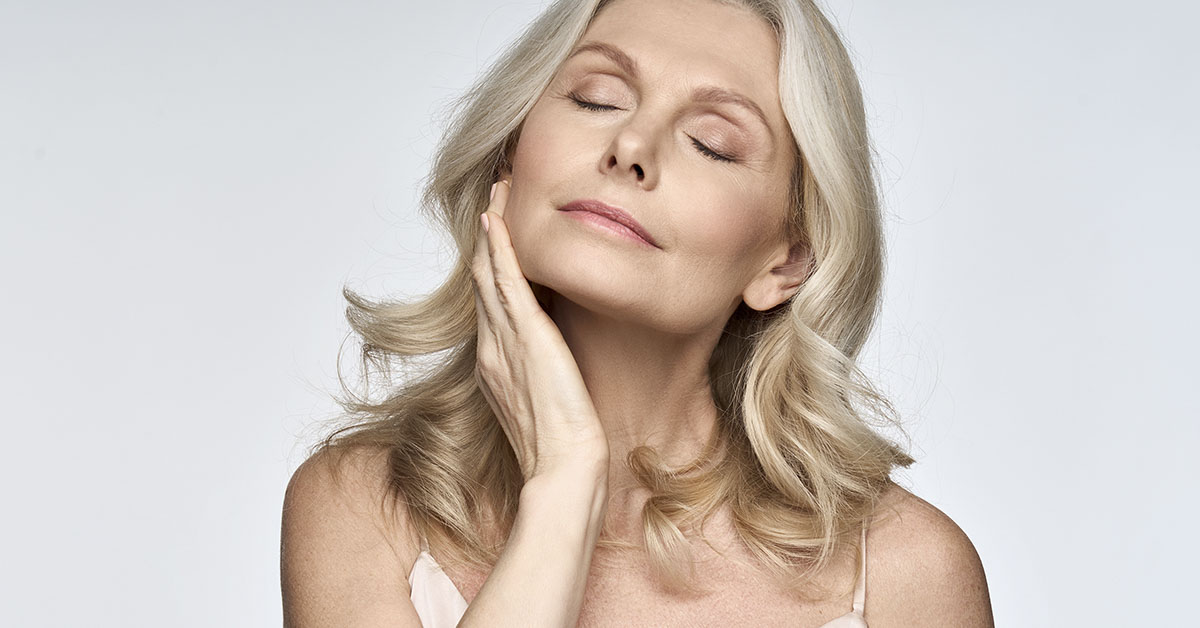Everyone experiences itchy skin from time to time. It could come from dry skin from cold weather, bug bites, poison ivy, uncomfortable clothes, or certain types of soaps. However, some people experience itchiness on a regular basis, such as those with chronic conditions like eczema and psoriasis, and it can interfere with their quality of life. Fortunately, there are many ways to treat — and prevent — itchy skin. But remember, itchy skin can be a sign of multiple conditions, and if at-home treatments don’t help, talk with a doctor or dermatologist to get to the root of the problem. But for every day itches, here are eight cures to try.
Read More: Mom Survives Rare Form of Melanoma, Warns to ‘Stop Frying Your Skin’
Good-quality moisturizer
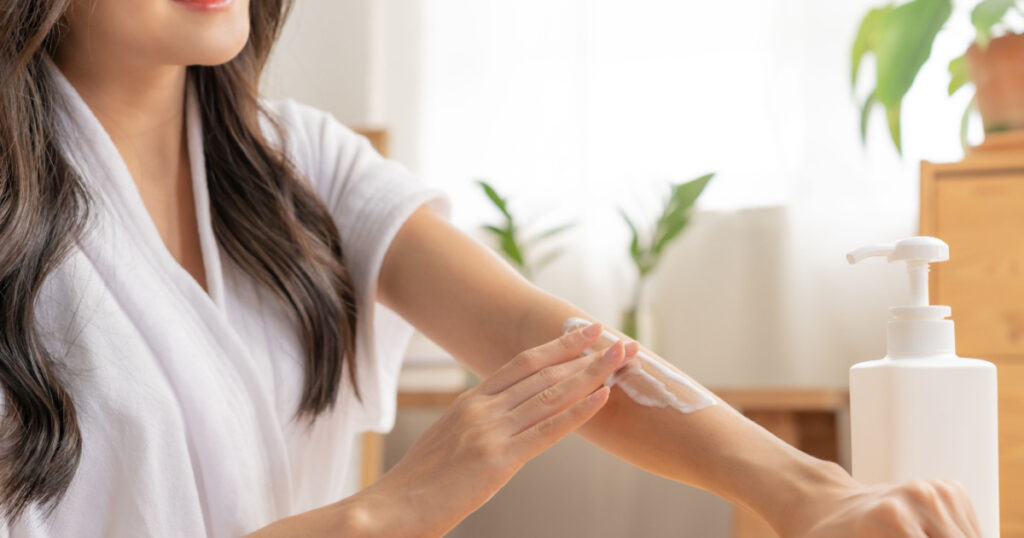
Soaking in hot baths or taking long, steamy showers can strip moisture from the skin, leaving it feeling dry and itchy. Opt for shorter bathing times and cooler water, followed by a high-quality body moisturizer. Don’t procrastinate since moisturizing right after bathing helps trap the moisture in the skin cells, but waiting gives the skin time to dry out and feel itchy. Remember to use a fragrance-free cream-based moisturizer or post-shower oil.
Colloidal oatmeal
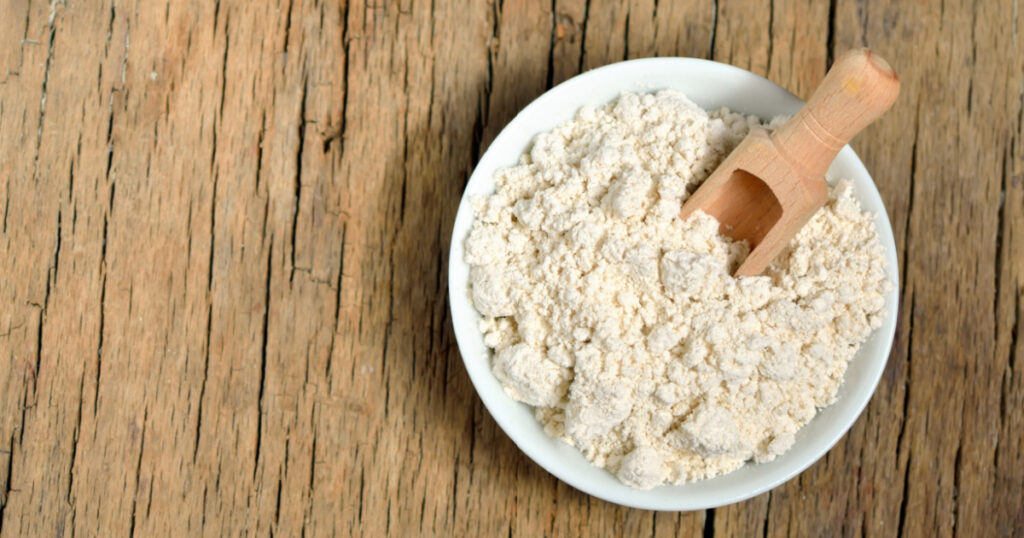
This isn’t your usual breakfast of Quaker oats. Colloidal oatmeal is made from oats ground into very fine powder. You may have already noticed this ingredient in store-bought lotions and soaps that are meant to hydrate the skin. And you can add it to a cool bath to soothe the skin and retain its moisture. Although you can find pre-made colloidal oatmeal in pharmacies, you can make your own by grinding regular oats into a powder in a food processor.
Leaf gels
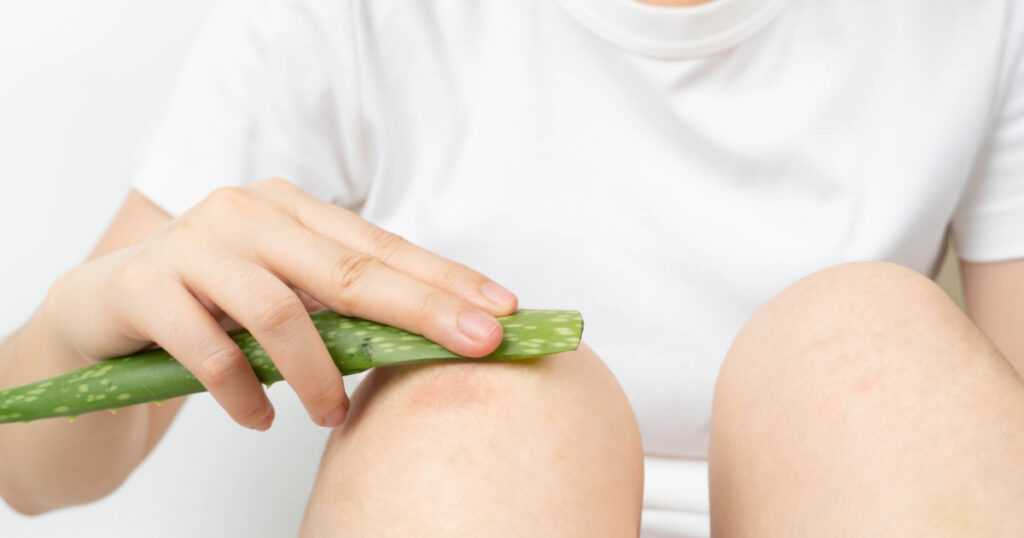
Plant-based leaf gels, such as aloe vera gel, can help ease itches from sunburns and mosquito bites. These gels have a cooling effect that can provide some relief. At the same time, they help the skin retain moisture. However, be careful about which gels you choose. Some are mixed with additives, colorings, and fragrances that can further irritate the skin. [1]
Over-the-counter creams for itchy skin
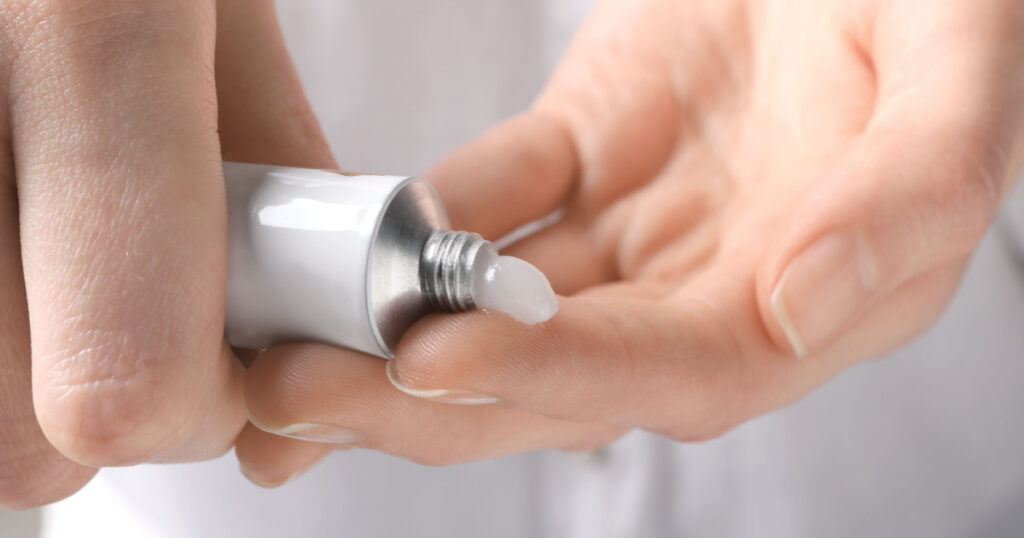
Anti-itch topical creams like antihistamines and products with hydrocortisone are often the first type of treatment people try. These creams can help soothe itchy skin by inhibiting the body’s inflammatory responses. Doctors can also prescribe corticosteroid cream to reduce inflammation in certain skin issues like eczema. But remember hydrocortisone and corticosteroid cream should not be used long-term since they can cause thinning skin and other side effects.
Read: Natural Skin Care: What Can You Try To Remove Age Spots, Moles, Skin Tags, Warts, And Blackheads?
Cold compresses
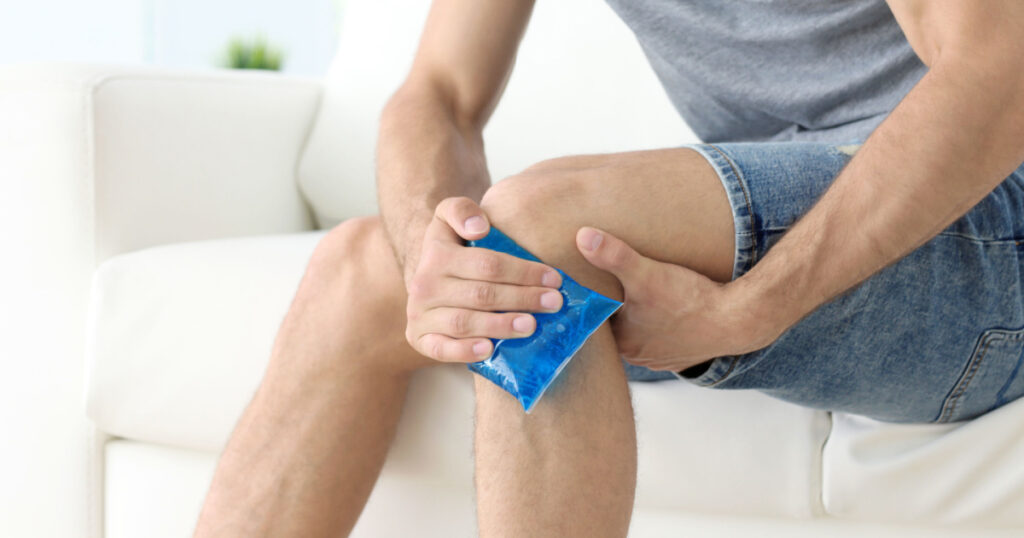
As we established, heat can further irritate itchy skin, so get some relief from items like cold compresses, cold packs, or even a sealable bag of ice. This could help reduce inflammation in the area. At the very least, the cold sensation may distract you from the itchy sensation. [2]
Petroleum Jelly
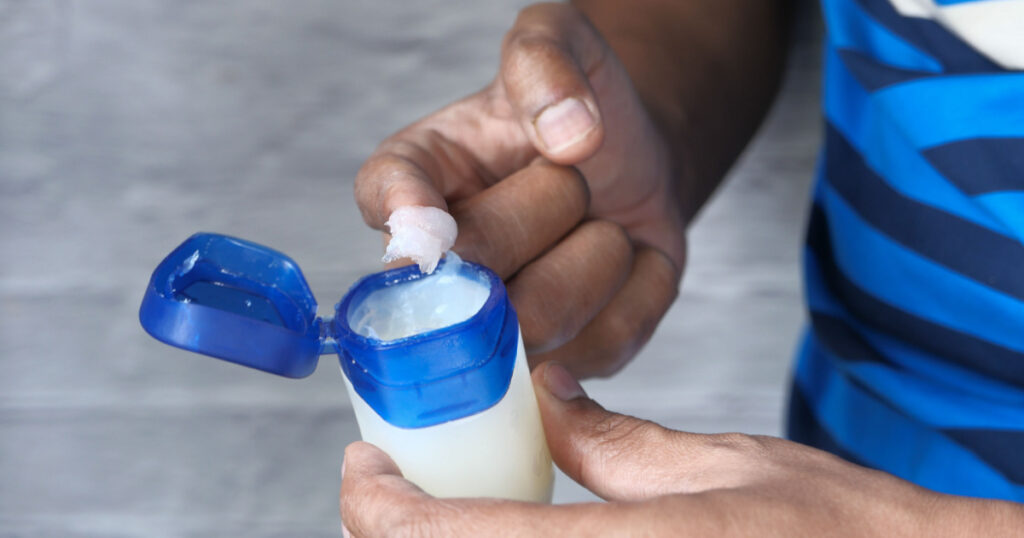
If you live in an area with cold weather, you may be no stranger to extremely dry and cracked skin. If so, you may want to try petroleum jelly products like Vaseline. Unlike other creams, these products are gentle enough to use on the face, even on areas like lips and eyelids. (However, if you are prone to oily skin, these creams may cause acne breakouts.)
Don’t scratch itchy skin
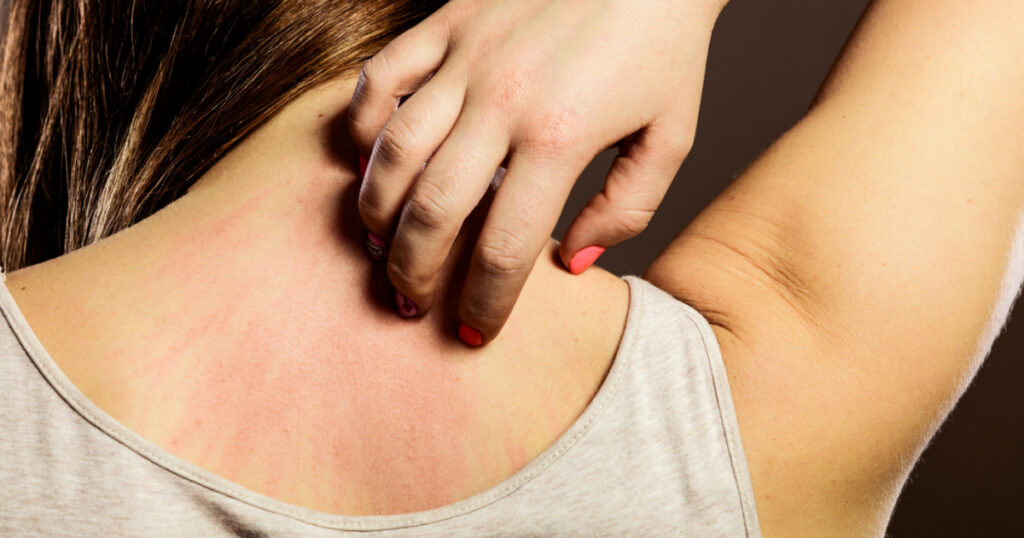
Of course, when your skin feels itchy, all you want to do is scratch. It works with temporary itches, like when your hair tickles your face or when sweat drips down the back of your neck. But when the source of the itching is internal, scratching will only worsen the reaction. Not only will the itchiness increase, your skin could become more irritated and harder to heal. Depending on how hard you scratch, you might accidentally draw blood, making the area prone to infection. To prevent this, trim your fingernails and consider wearing cotton gloves at night to avoid scratching in your sleep. At the same time, avoid external triggers like tight, uncomfortable clothes.
Read More: Heart Disease: 10 Warning Signs that Appear On Your Skin
Protect your skin from sun damage

Even young people are at risk for chronic sun damage if they don’t protect themselves properly. “Chronically sun-damaged skin has a poor stratum corneum, so sun-damaged skin is likely to be drier and thus more itchy at times,” says David J. Leffell, MD, a dermatologist and the professor of dermatology and surgery at Yale School of Medicine. Additionally, certain sun-related conditions can lead to more issues. “Acute sun injury — from a sunburn, for example — makes the skin dry and itchy for other reasons: The stratum corneum has been physically damaged.” So protect yourself by wearing sunglasses, sunscreen, sun hats, and clothes that cover the skin. [3]
How to prevent itchy skin
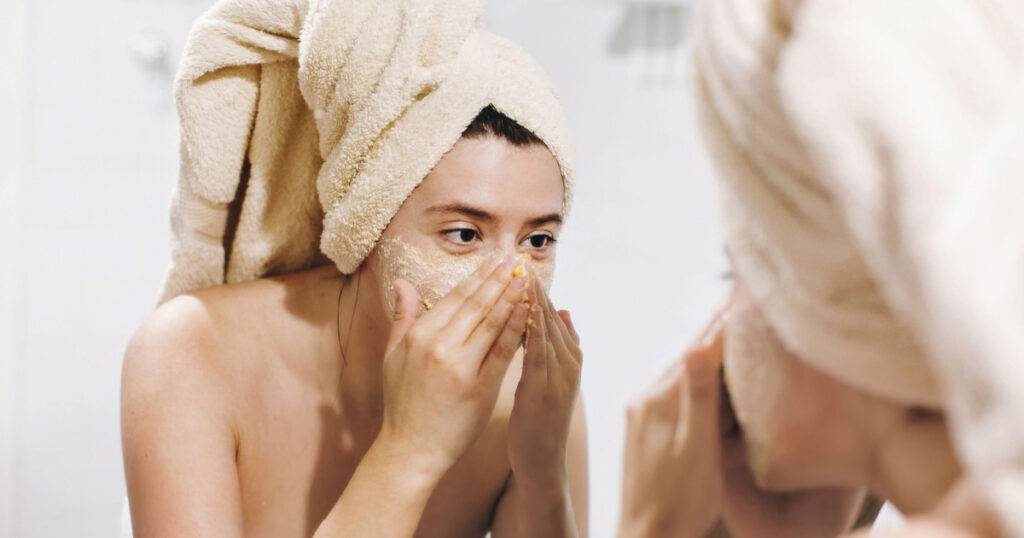
Prevention is always the best kind of cure. Fortunately, many causes of skin itches can be easily avoided, especially the ones that lead to dry or irritated skin.
Here’s how:

- Choose fragrance-free lotions, soaps, and detergents.
- Use a humidifier to keep your home at about 30 to 50 percent humidity level.
- Wear loose, breathable fabrics like cotton since other materials like wool and spandex could cause or worsen itchiness.
- Bath in tepid water and avoid hot tubs.
- Manage stress as much as possible. [4]
When to see a doctor

There are many reasons for itchiness, and while multiple can be treated at home, some cases are symptomatic of underlying health issues. So, if you experience the following signs, talk to your doctor or dermatologist to discuss the source and potential cure.
Signs to look out for:
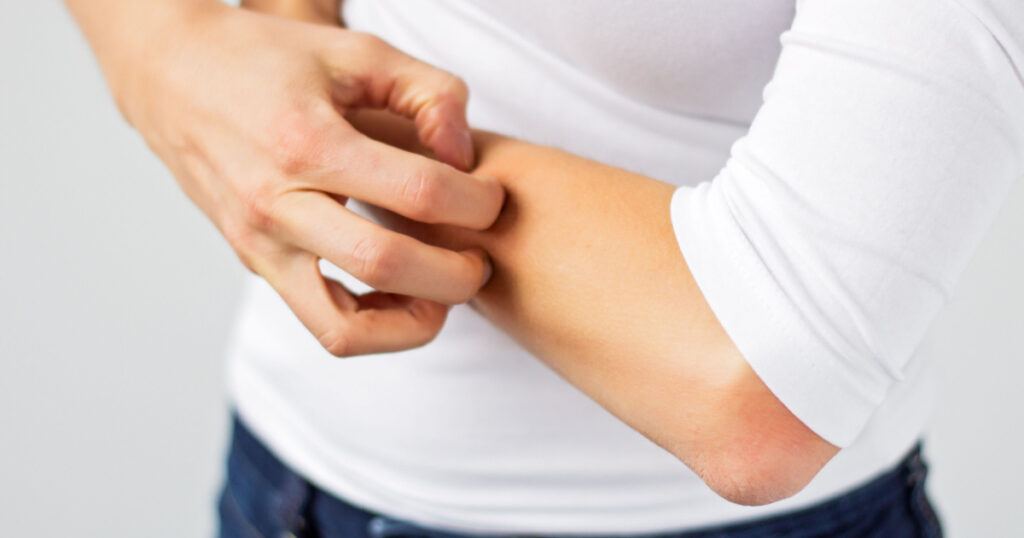
- Itchiness alongside bumps, swelling, or scaly rashes,
- Inflammation, weeping sores, or other signs of infection
- Itchiness that affects most of the body
- Itching that continues for two weeks or longer
- Itching that flares up regularly
- Severe itchiness without clear cause, like a bug bite or wound [5]
Keep Reading: 10 Natural Home Remedies To Help Lower High Blood Pressure
Sources
- “The Best Remedies for Itching.” Healthline. Kristeen Cherney, PhD. February 1, 2023
- “How to Relieve Itchy Skin.” AAD.
- “Dermatologists Share Their Top 10 Tips for Soothing Dry, Itchy Skin.” Everyday Health. Leslie Barrie. February 22, 2021
- “7 Home Remedies That Will Soothe Itchy Skin, According to Dermatologists.” Prevention.Cassie Shortsleeve. November 12, 2019
- “How to relieve itching.” Medical News Today. Charlotte Lillis. April 18, 2023
